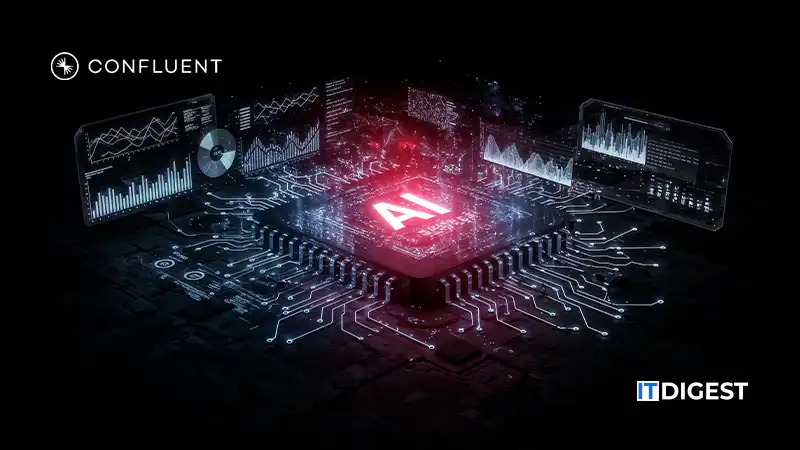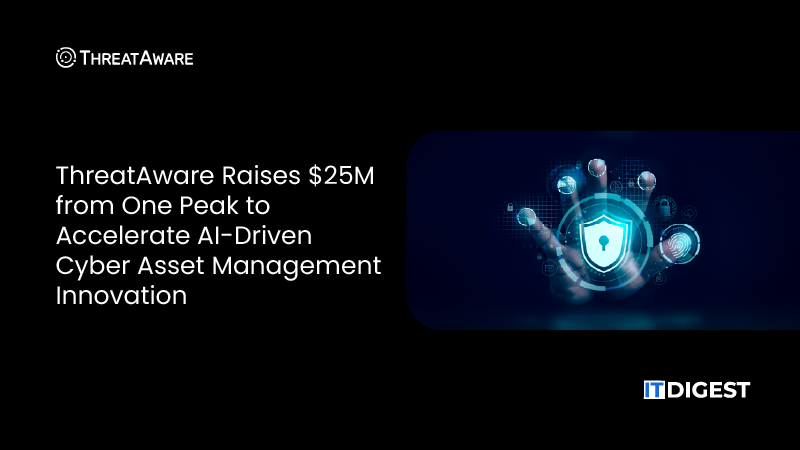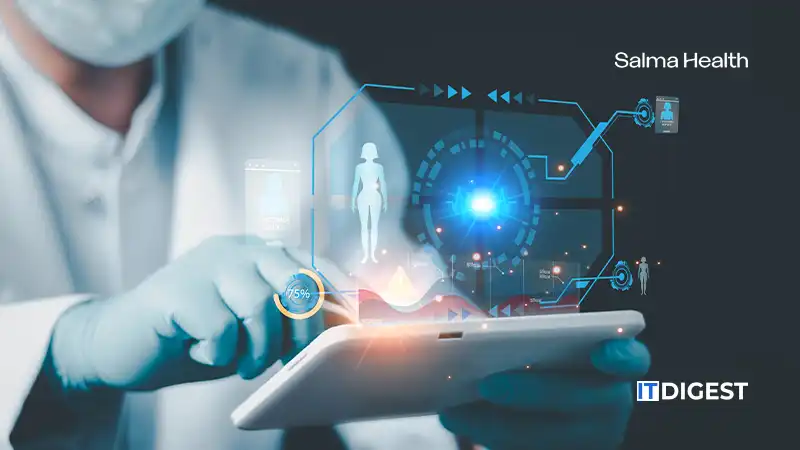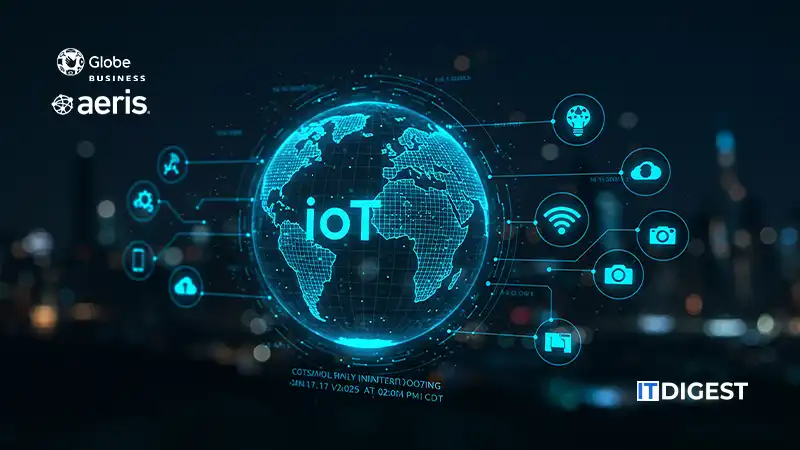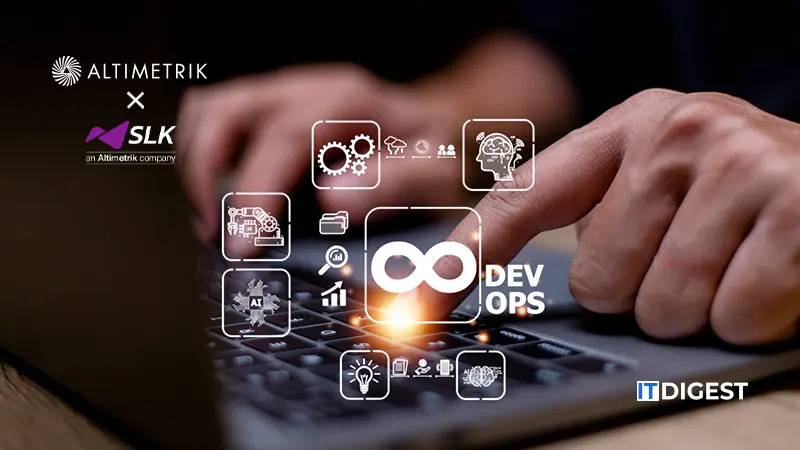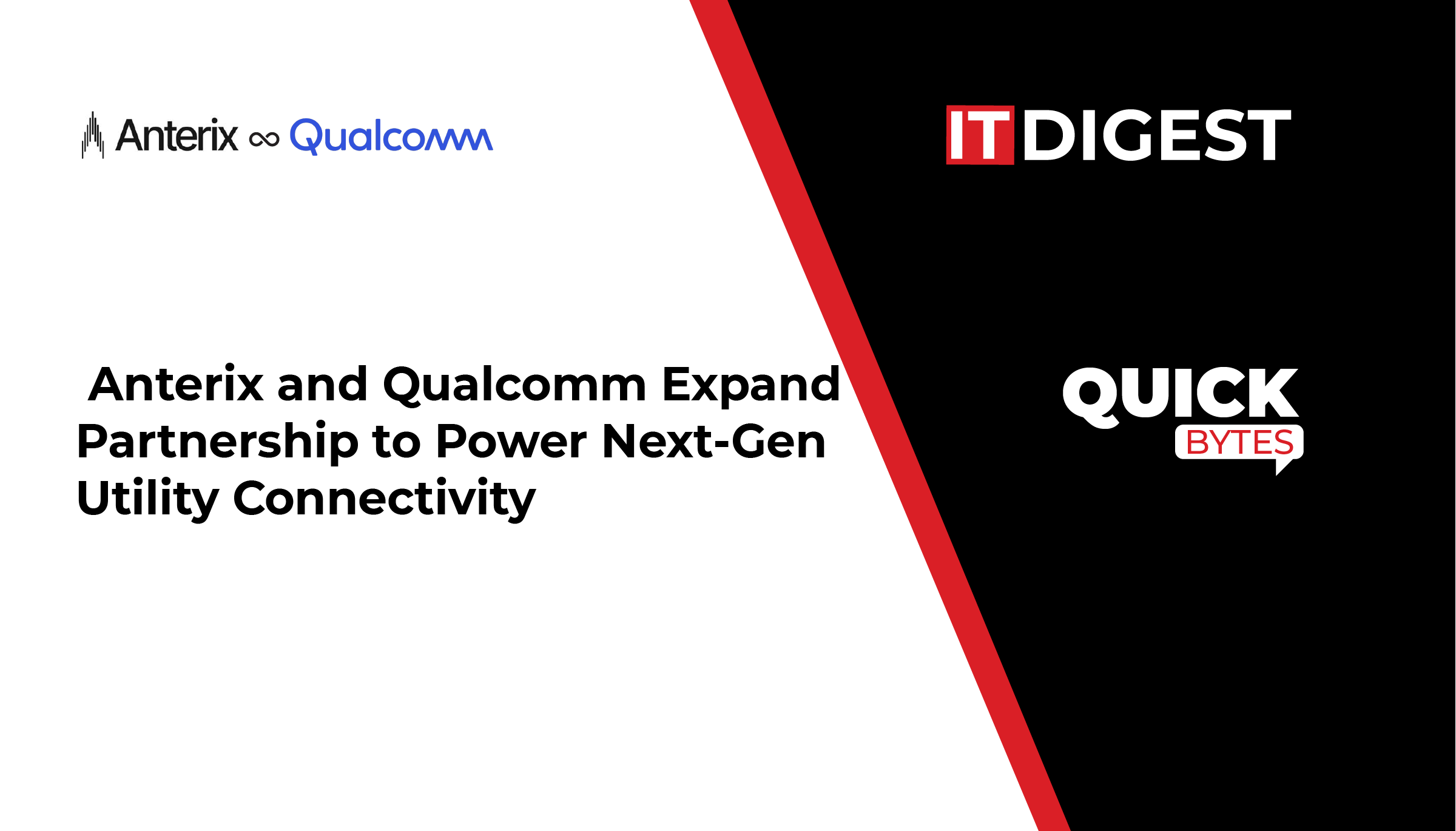Global digital-engineering expert Altimetrik formally closed its acquisition of Bengaluru-headquartered technology-services company SLK Software with expertise in intelligent automation, analytics and infrastructure solutions.
Under the agreement, SLK Software will become “SLK, an Altimetrik company”, integrating Altimetrik’s AI-first, data-driven innovation strengths and SLK’s capabilities in digital operations, intelligent enterprise infrastructure, automation and quality engineering.
With the merged organisation having over 10,000 professionals in 17+ countries and 20+ engineering centres, the merged business is servicing over 150 enterprise customers, including Fortune 500 enterprises.
Altimetrik CEO Raj Sundaresan added: “This deal is a turning point milestone that’s about more than scale; it’s about enabling companies to grow responsibly in an AI-first world by transforming how they leverage AI to produce real, measurable results.”
The transaction brings together a larger technology ecosystem of alliances that include OpenAI, Amazon Web Services (AWS), Snowflake and Databricks implying that the resulting company will be a serious contender in facilitating enterprise-grade AI and cloud infrastructure at scale.
In Altimetrik’s view, SLK’s strengths fill in its gaps: Altimetrik offers data engineering, AI/ML, and product / platform engineering; SLK offers infrastructure management, automation, digital operations, quality engineering and domain-industry solutions. Collectively, the merger is positioned as forming a full-value-chain digital engineering company from strategy and design to engineering, managed services and operations.
The emphasis is definitely on driving businesses from AI experimentation to deliverable adoption, using new operating models (like “lab-to-factory” models) and outcome-based delivery. Building out DevSecOps, cloud, infrastructure modernization and intelligent operations are primary pillars.
Implications for the DevOps & AI Industry
The acquisition is a key step in the fast-moving convergence of DevOps and Artificial Intelligence (AI). Some of the major angles and predictable changes include:
- Bridging the “engineering-operation” gap through AI
DevOps has long focused on practices like CI/CD, infrastructure as code (IaC), automated monitoring and testing. While AI is now being injected into this pipeline to enhance test automation, anticipate system failure, increase reliability, hasten deployment decisions, and optimize self-healing systems. For instance, research on “AI for DevSecOps” details how machine-learning can be used to automate security processes in high-speed DevOps environments.
When Altimetrik bought out SLK, the merged company is readying itself to provide both infrastructure/automation (SLK’s core competence) and AI/data engineering (Altimetrik’s core competence). That implies customers of the combined company might be able to implement “AI-infused DevOps” templates more easily injecting intelligence and analytics into deployment pipelines, monitoring, operations and quality engineering.
- Scaling up pilot to production level for AI-based DevOps
One of the perennial bottlenecks in business is transitioning from experimental AI/ML prototypes to production-grade, scalable smart operations. With scale (10,000+ practitioners) and worldwide engineering reach, the merged company is well-suited to assist businesses in making AI operational in DevOps, SRE (site reliability engineering), quality engineering, and infrastructure modernisation initiatives. Messaging focuses on “outcome-driven execution accelerating time-to-value.”
For the DevOps & AI sector, this type of consolidation indicates that services companies are wagering big that enterprises will increasingly demand unified AI + DevOps solutions not merely discrete automation or ML or cloud migration engagements.
- Scale automation and smart operations
Automation and smart operations are at the core of DevOps maturity automatically deploying, provisioning, monitoring and remediating systems. When you add AI to that pipeline, you find “autonomous operations” capabilities: predictive monitoring, anomaly detection, automated remediation, infrastructure optimization, and data-driven feedback loops. The coming together of infrastructure automation (SLK) and data/AI (Altimetrik) enables the company to offer end-to-end smart operations services. This will set the bar high for organizations looking for the next generation of DevOps + AIOps + SRE services.
- Impact on tools, platforms & partnerships
The acquisition also fortifies the combined firm’s ecosystem play. With partnerships with OpenAI, AWS, Snowflake, Databricks and others, the firm is communicating that their play extends across modern data platforms, cloud native architecture, and generative AI technology. For DevOps teams, this translates into more demand for tooling and platforms supporting AI-facilitated feature delivery, reliability monitoring of models in prod, incorporating AI-driven metrics into pipelines, and managing governance/security of AI within DevOps. As noted in Altimetrik’s observation on “AI-first strategy” the intersection of DevSecOps, SRE, quality engineering and AI is a key area of focus.
Business-Operational Impacts for Enterprises in this Space
From the business perspective (particularly those with software, cloud, digital engineering, AI services), the acquisition has several concrete ramifications:
More rapid time to value from DevOps + AI projects: The combined services company hopes to provide “bite-size” modules, incremental product-driven strategies, and a complete range of services from data to engineering to operations. This can close the prototype-to-production gap crucial for DevOps teams, who frequently grapple with pipeline stability, model drift, operational risk and time-to-market.
Decreased vendor fragmentation: Organizations tend to have many different vendors: one for DevOps tooling, a second for cloud migration, a third for AI/ML, and a fourth for automation/infrastructure operations. A single services organization that delivers DevOps + AI + infrastructure + quality engineering presents a potential “single-throat to choke,” and makes it easier to govern, manage vendors and line up operating models.
Raising the bar for reliability and operational excellence: As AI gets baked into operations, DevOps teams will experience increased expectations about reliability, performance, governance, security and cost controls. Therefore, enterprises will have to develop matured DevOps practices (such as site reliability engineering, DevSecOps, automated pipelines) and integrate AI-based monitoring, observability and feedback loops. With the combined firm’s skills, enterprises can speed up maturity in these areas.
Also Read: Microsoft’s Copilot Fall Release: A Leap Toward Human-Centered AI
Competitive differentiation and accelerated innovation: Companies that spend on DevOps + AI at scale have the capability to introduce new digital products, streamline processes (e.g., automated processes, smart execution), and move legacy workloads to contemporary platforms at a quicker pace. The acquisition enhances a services company’s capability to do that, so enterprises that collaborate with them could have a competitive advantage in terms of speed of innovation.
Talent and skills implications: To provide AI-powered DevOps, companies will require a hybrid talent stack: DevOps engineers, SREs, quality engineers, data scientists/ML engineers, infrastructure/cloud engineers, automation specialists. Companies will have to create or acquire such capabilities. The size of the combined company provides potential access to this talent pool, but businesses still require internal alignment, governance and culture transformation.
Risk / governance / cost factors: With AI being infused into DevOps operations (and into infrastructure/operations), businesses need to deal with new risks algorithmic bias, model drift, data-privacy/security, regulatory compliance, reliability and ethics. DevOps teams will have to work hand-in-hand with AI governance, security and quality engineering functions. A services company with end-to-end competence can assist, but businesses still have to take ownership of operational risk.
Conclusion
The close of Altimetrik’s acquisition of SLK Software is more than a scale-move it places a strong strategic wager: that enterprise digital engineering’s future will be in tightly coupled AI-first, data-driven platforms augmented with automation, infrastructure, DevOps/DevSecOps and digital operations.
For the DevOps + AI sector, this heralds with accelerating consolidation: services companies looking to deliver end-to-end from data to ops, as opposed to haphazard automation or cloud migration offerings. For businesses, it provides the possibility to progress more rapidly from DevOps maturity to genuinely smart operations, but also requires increased watchfulness in skills, governance and operational preparedness.
As businesses more and more embrace AI-enabled pipelines and DevOps models, the capability to combine infrastructure automation, SRE, quality engineering and AI/ML is a competitive advantage. The combined Altimetrik + SLK company is positioning itself to deliver just that and in the process, raising the bar for what “modern DevOps and AI operations” actually mean in reality.







